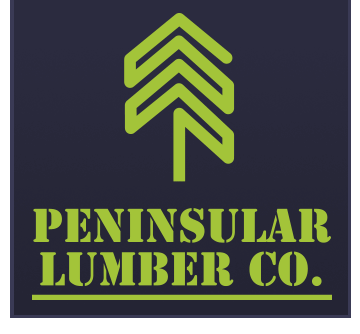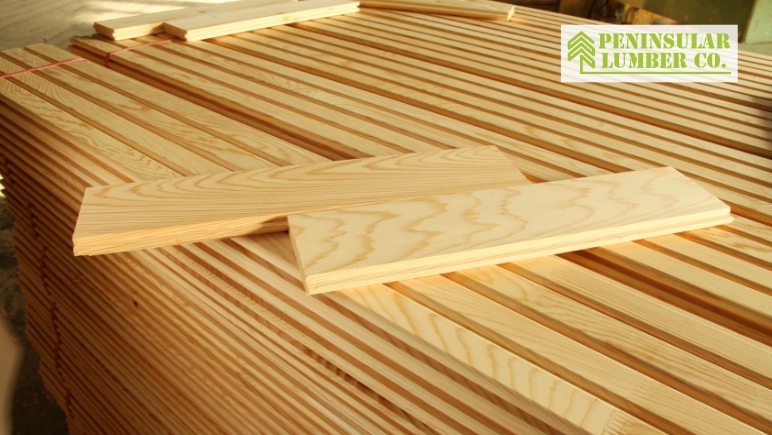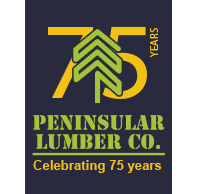Understanding the Sustainability of Lumber
Lumber is an essential natural resource used in the construction industry to manufacture various items, including homes, commercial buildings, furniture, and paper products. The question of whether lumber is renewable or nonrenewable has been a topic of concern.
While some people argue that it is a nonrenewable resource that can be depleted over time, there are compelling reasons to believe that lumber is, in fact, renewable. Responsible forestry practices can help ensure its long-term availability.
Here are some reasons why lumber is a renewable resource:
1. Sustainable Forestry Practices
Sustainable forestry practices are crucial in determining whether lumber is renewable or nonrenewable. If forests are managed in a way that promotes regeneration and growth, trees can be harvested in a sustainable manner that ensures long-term availability.
This means planting new trees to replace those gathered, using selective cutting methods, and minimizing damage to forest ecosystems. By adopting sustainable forestry practices, lumber can be considered a renewable resource that can be used to meet our needs while also protecting the environment. It is important to ensure that forests are managed responsibly to maintain the long-term sustainability of this valuable resource.
2. Carbon Sequestration
Is lumber renewable or nonrenewable? This question is particularly relevant when considering the role of carbon sequestration in lumber production.
Since trees can be replanted and harvested sustainably, lumber can be considered a renewable resource that continues to sequester carbon as new trees grow. Therefore, responsible forestry practices are crucial to ensuring that lumber remains a sustainable resource that can contribute to a more environmentally friendly construction industry.
3. Energy Efficiency
Lumber requires relatively little energy than other building materials, making it a more energy-efficient option. This means lumber production has a lower carbon footprint than other building materials, benefiting the environment.
Lumber companies in Tampa and other regions know the importance of reducing their environmental impact and are investing in energy-efficient technologies to minimize their carbon footprint. For example, lumber companies in Tampa use advanced sawing technologies that reduce waste and energy consumption while also producing high-quality lumber that aligns with sustainability standards.
4. Wood Products are Recyclable
Is lumber renewable or nonrenewable? Many wood products can be recycled and repurposed, reducing the need for new lumber and extending the lifespan of existing products. This is particularly significant for custom home builders who prioritize sustainability and want to reduce their environmental impact.
Using recycled or repurposed wood products, custom home builders can help conserve natural resources and reduce waste. Additionally, these materials can add a unique character and charm to a home, giving it a distinctive and eco-friendly feel.
5. Forest Management Certification
Forest certification is an important aspect of sustainable forestry practices. Many forests are certified by third-party organizations such as the Forest Stewardship Council (FSC) to ensure that they are being managed in an environmentally responsible and socially beneficial way.
This certification process includes a comprehensive evaluation of the forest’s management practices. This includes the impact on the environment, the rights of indigenous peoples, and the economic benefits to local communities. By obtaining certification, forest managers can demonstrate their commitment to sustainable forestry practices and assure consumers that their wood products come from responsibly managed forests.
Is lumber a renewable or nonrenewable resource? Despite ongoing concerns about its sustainability, there is a growing movement towards responsible forestry practices that promote its long-term availability.
By implementing regenerative forest management techniques and obtaining third-party forest certification, lumber can be considered a renewable resource while also protecting the environment. This assures consumers that their wood products are sustainably sourced, thereby reducing the risk of deforestation and promoting the use of sustainable materials in construction.
Visit Peninsular Lumber for Your Lumber Resources in Tampa Bay!
Peninsular Lumber has been in business for over 75 years, serving residents and custom home builders in the Tampa Bay area all the way. Visit our lumber store today and find what you need for DIY projects and home building.



